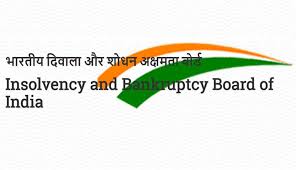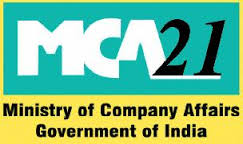
The central government notified the Companies (Meetings of Board and its Powers) Second Amendment Rules, 2019 on 18 November 2019. The amendment rules amend sub-clause 3 of rule 15 of the Companies (Meetings of Board and its Powers) Rules, 2014. The amendment rules alter the various transaction thresholds within which the board may authorize a related party transaction without referring the matter to the shareholders pursuant to section 188(1) (Related party transactions) of the Companies Act, 2013.
Rule 15 provides for conditions applicable to the board taking up, discussing and approving a related party contract or arrangement. The first proviso to section 188(1) of the act provides that no contract or arrangement which exceeds certain monetary thresholds, in relation to the company’s paid-up share capital or otherwise, may be entered into without the prior approval of the shareholders by a resolution. The thresholds in relation to this proviso to section 188(1) of the act are prescribed by the rules and have been amended through the amendment rules as follows:
- For a contract or arrangement in relation to a sale, purchase or supply of any goods, previously the threshold, was the lower of: (1) 10% or more of the turnover of the company; or (2)₹1 billion. The amendment rules have relaxed the threshold and fixed it at 10% or more of turnover of the company.
- Similarly, for a contract or arrangement for selling or otherwise disposing of, or buying property of any kind, previously the threshold for requiring a shareholder resolution was the lower of: (1) 10% or more of the turnover of the company; or (2)₹1 billion. The amendment rules have relaxed the threshold and fixed it at 10% or more of turnover of the company.
- The amendment rules has similarly amended the threshold for a contract or arrangement in relation to leasing of property any kind, and in relation to availing or rendering of any services (directly, or through the appointment of an agent). The amendment rules now fix the threshold at 10% or more of turnover of the company.
Accordingly, the ministry has relaxed the thresholds and made it simpler for companies to ensure ease of business, and the ease of entering into related party transactions.
| Nature of Related Party Transactions | Earlier Threshold Limit* | Amended Threshold Limit* |
| Sale, purchase or supply of any goods or material (directly or through an agent). |
Amounting to ten percent (10%) or more of turnover or Rs. 100 Crore, whichever is lower. | Amounting to ten percent (10%) or more of the turnover of the company. |
| Selling or otherwise disposing of, or buying, property of any kind (directly or through an agent). |
Amounting to ten percent (10%) or more of net worth or Rs. 100 Crore, whichever is lower. | Amounting to ten percent (10%) or more of the turnover of the company. |
| Leasing of property of any kind. |
Amounting to ten percent (10%) or more of net worth or 10 percent (10%) or more of turnover Rs. 100 Crore, whichever is lower. | Amounting to ten percent (10%) or more of the turnover of the company. |
| Availing or rendering of any services (directly or through an agent) | Amounting to ten percent(10%)or more of turnover or Rs. 50 Crore, whichever is lower | Amounting to ten percent (10%) or more of the turnover of the company |
| *limits specified above shall apply for transaction or transactions to be entered into either individually or taken together with the previous transactions during a financial year. | ||
| Appointment to any office or place of profit in the company, subsidiary company or associate company |
Remuneration exceeding Rs. 2,50,000 per month |
No Change |
| Underwriting the subscription of any securities or derivatives of the company |
Remuneration exceeding one percent (1%) of net worth |
No Change |





